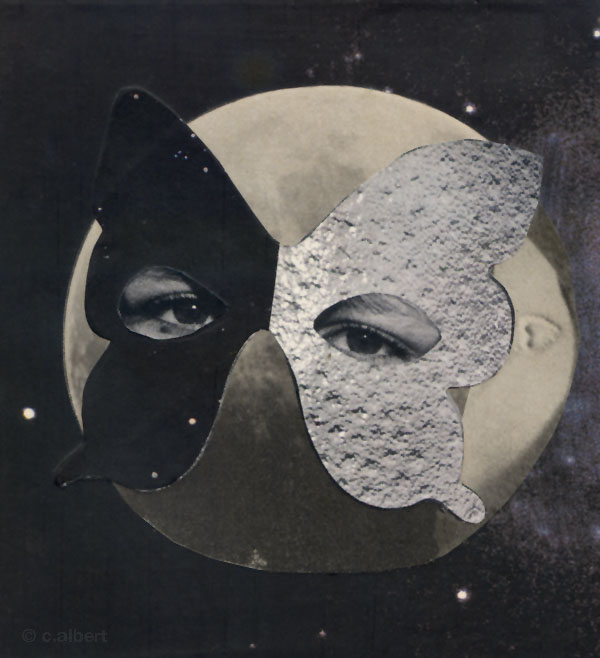The Immigrant
He came, an immigrant, my father’s father,
to these lush valleys, marshlands, streams,
the hills glacier-scraped to subsoil
glacier-covered with stones, gravel, and silt.
On land grown over with fir and alder, he found
timber for house and barn, wood for cooking
in the dark mornings and long, dark afternoons
of rainy winters, green and damp as any
Norwegian spring, a paradise.
………………………………………With work
and luck, a lot of work—and luck is what you make it—
a man could raise a family here, build
a farm to last through all the generations.
No more beatings at the hand of the sea, no more
renting land, no more logging for the bosses.
A wife, children, beds filling room
after room, and neighbors near
enough to help but not to crowd.
……………………………………..A man could live a life
and forget how things change beyond calculation:
children grown, and gone, the barn slowly
melting into the earth of its timbers,
family and farm both long altered,
his hard-shelled dreams now gone to weed,
though he’d find traces still of what he planted.
“The Immigrant” is reprinted from New to North America: Writings by Immigrants, Their Children and Grandchildren (1997).
Long-time Seattle resident, Judith Yarrow is a poet, artist, editor. She has published two poetry chapbooks, The Immigrant and Borderlands. Her poems have appeared in Cicada, Clear-cut: An Anthology of Seattle Writers, Duckabush Journal, Edge: International Arts Interface, Bellowing Ark, North Country Anvil, and elsewhere. She lives with her husband in Southeast Seattle.

